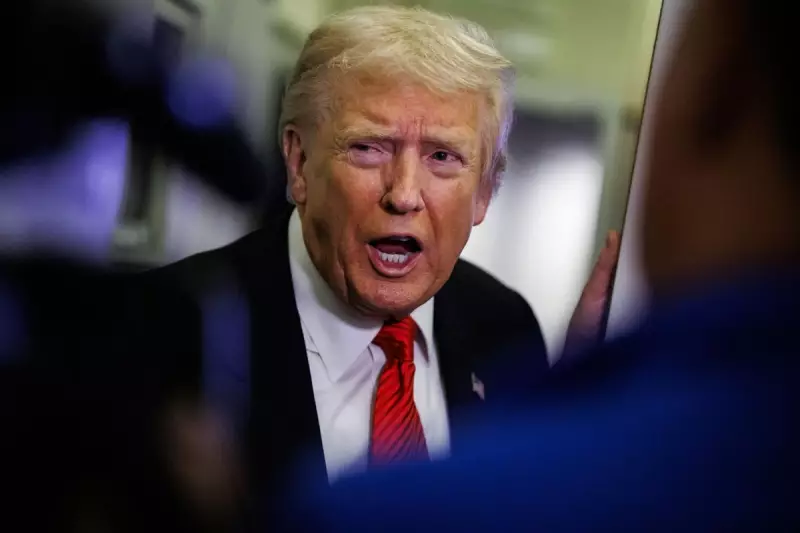
In a bold political manoeuvre that could reshape the American electoral landscape, former President Donald Trump is actively pressuring Republican senators to abolish the longstanding Senate filibuster rule, according to sources familiar with the matter.
The Filibuster Fight: Trump's Strategic Push
The former president's campaign centres on dismantling the 60-vote threshold required for most legislation in the Senate, a procedural hurdle that has defined American lawmaking for generations. Trump's argument, delivered to allies and Republican lawmakers, suggests this radical change would enable the party to push through sweeping election reforms and other conservative priorities if they regain control of Congress.
Midterm Elections: The Stakes Couldn't Be Higher
With crucial midterm elections approaching, Trump's influence over the Republican party remains formidable. His push to eliminate the filibuster represents both a short-term political strategy and a potential long-term transformation of how Washington governs.
The implications are profound:
- Potential for rapid passage of voting law changes
- Easier implementation of conservative policies
- Fundamental alteration of Senate traditions
- Increased partisan legislation
Republican Resistance and Internal Division
Despite Trump's vigorous lobbying, several prominent Republican senators have expressed reservations about eliminating the filibuster. The procedural rule has historically served as a check on majority power, encouraging bipartisanship and protecting minority rights.
Current Senate Minority Leader Mitch McConnell has previously defended the filibuster, creating a potential rift within party leadership. This internal debate highlights the ongoing tension between Trump's vision for the Republican party and its more traditional institutionalists.
The Broader Political Context
Trump's filibuster campaign occurs against a backdrop of intense scrutiny over election integrity and voting rights across the United States. Several states have recently implemented new voting restrictions, while congressional Democrats have attempted to pass federal voting rights legislation that would establish national standards.
The former president's focus on election procedures reflects his continued assertion that the 2020 presidential election was flawed, despite numerous audits and court rulings confirming its integrity.
What This Means for American Democracy
If successful, Trump's push could fundamentally reshape how laws are made in the United States. The elimination of the filibuster would allow whichever party controls the Senate to pass legislation with a simple majority, potentially leading to more dramatic policy shifts with each change in congressional control.
Political analysts suggest this move could accelerate the trend toward more partisan governance and reduce incentives for cross-party cooperation. The coming months will reveal whether Trump's influence can overcome longstanding Senate traditions and Republican reservations about such a significant procedural change.





